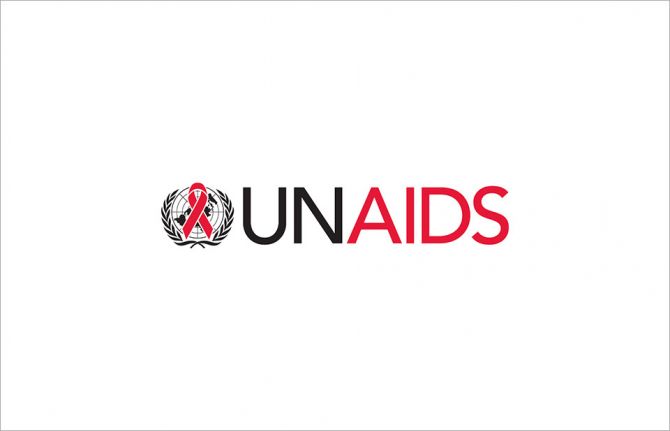

Press Statement
UNAIDS launches bold transformation to sustain progress and end AIDS by 2030
10 May 2025 10 May 2025As the global HIV response faces rising risks, UNAIDS shifts to a leaner, sharper model focused on country impact
GENEVA, 10 May 2025—In the face of continued high numbers of new HIV infections and declining global funding, the Joint United Nations Programme on HIV/AIDS (UNAIDS) is launching a bold transformation to support countries in ending AIDS as a public health threat by 2030, and to ensure the HIV response remains strong and sustainable into the future. This shift will help governments and communities transition to a sustainable and domestically financed HIV response, grounded in data, equity, and human rights.
“UNAIDS’ transformation is a direct response to a fast-changing landscape, from a shifting geopolitical context to shrinking resources,” said Winnie Byanyima, Executive Director of UNAIDS. “We are reshaping how we work so that we can support inclusive, community led, multisectoral national HIV responses with greater precision and impact.”
UNAIDS restructuring and reform processes are closely aligned with wider UN processes through the UN80 initiative and promote enhanced efficiency, integration, consolidation and coordination.
The restructuring of the UNAIDS Secretariat is informed by the work of a High-Level Panel which has been working since October 2024. The Panel called for transforming the Joint Programme now and through to 2030 and recommended a smaller, sharper focused model for the Secretariat. It called on the Secretariat to focus on four core functions: leadership; convening and coordination; accountability; and community engagement.
Disruptions in the HIV response
UNAIDS modelling suggests that we are now seeing 2300 additional new HIV infections every day on top of the 3500 infections that were already occurring. These reversals are happening as a result of human rights push backs on women and girls and key populations coupled with disruptions in lifesaving services as international assistance from donor countries stopped. UNAIDS estimates that the funding cuts could lead to an additional 6.6 million new HIV infections and 4.2 million AIDS-related deaths by 2029. A tragedy for people living with and affected by HIV.
Reshaping to deliver in a changing context
UNAIDS is facing a big transition and is reforming to continue to support the response in the most efficient and cost-effective way. The Secretariat is consolidating its country footprint and will be moving global staff to be closer to the people we serve.
The physical in-country presence of the Secretariat will be reduced to approximately 35 countries while continuing to be able to support around 60 countries directly. The change is based on a typology of countries with high HIV burden, significant stigma and discrimination against key populations, and heavy reliance on international aid for the HIV response. The restructuring plan includes a 54% reduction in Secretariat staffing strength to ensure UNAIDS is fit for purpose and working within current core resource forecasts.
UNAIDS’ transformation is about supporting countries to protect the critical gains made in stopping new HIV infections and preventing AIDS-related deaths. UNAIDS will continue to support countries in monitoring their epidemics and making strategic investments for HIV prevention and treatment, as well as addressing human rights and policy barriers. It will convene partners, engage communities and stand with people living with and affected by HIV.
“This is a moment for global solidarity,” said Ms Byanyima. “With determination, and partnership, together we can still achieve the goal of ending AIDS as a public health threat by 2030 and ensure sustainable, inclusive, multisectoral national HIV responses into the future.”
In 2025, UNAIDS will shape and deliver a new Global AIDS Strategy to accelerate political, programmatic and financial commitment and sustainability and provide guidance to drive progress towards the goal of ending AIDS as a public health threat by 2030. The Strategy will be adopted by the UNAIDS Programme Coordinating Board in December 2025. It will provide the foundation for a new Political Declaration and 2030 HIV targets, to be adopted by a High-Level Meeting of the UN General Assembly in 2026.
UNAIDS
The Joint United Nations Programme on HIV/AIDS (UNAIDS) leads and inspires the world to achieve its shared vision of zero new HIV infections, zero discrimination and zero AIDS-related deaths. UNAIDS unites the efforts of 11 UN organizations—UNHCR, UNICEF, WFP, UNDP, UNFPA, UNODC, UN Women, ILO, UNESCO, WHO and the World Bank—and works closely with global and national partners towards ending the AIDS epidemic by 2030 as part of the Sustainable Development Goals. Learn more at unaids.org and connect with us on Facebook, Twitter, Instagram and YouTube.
